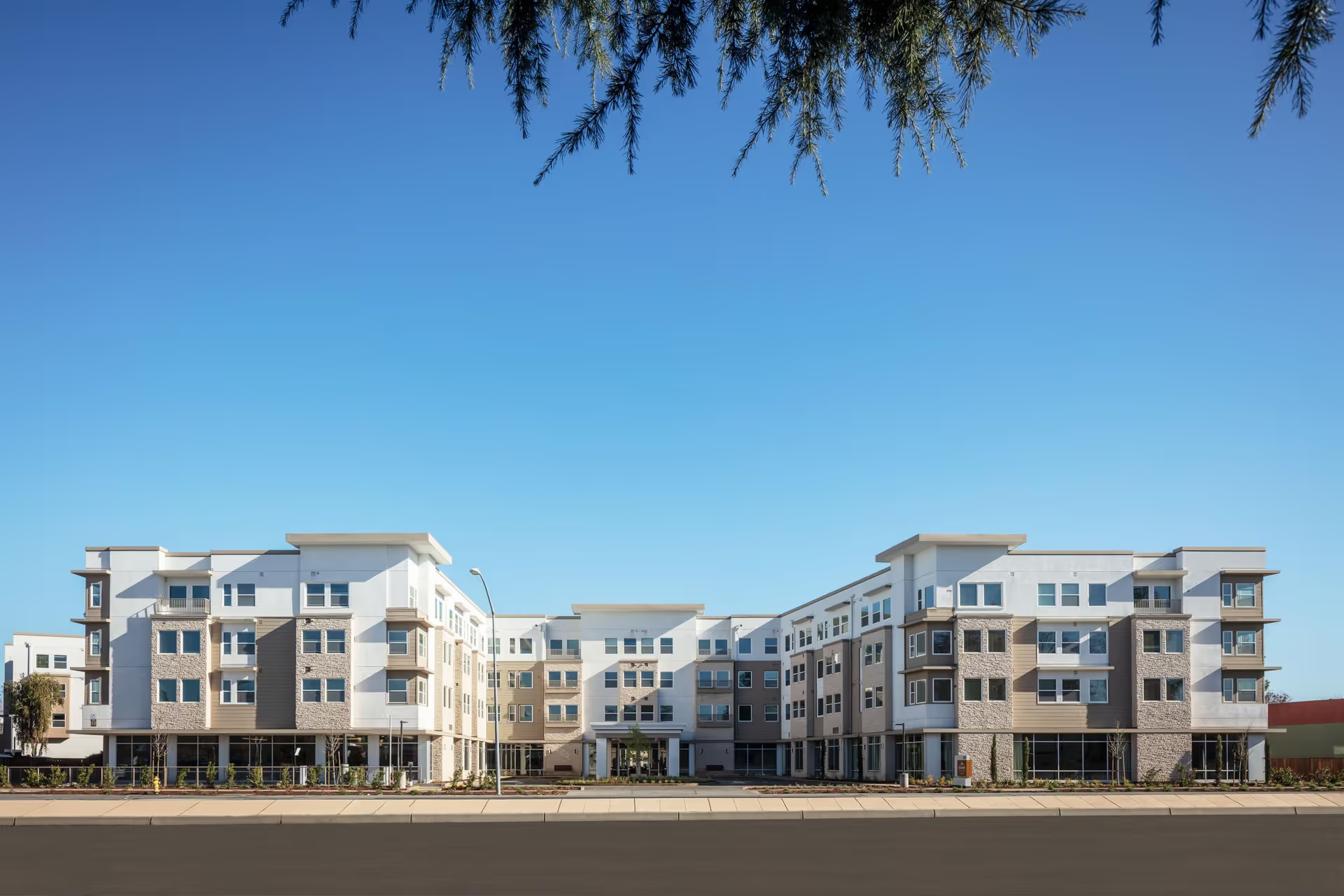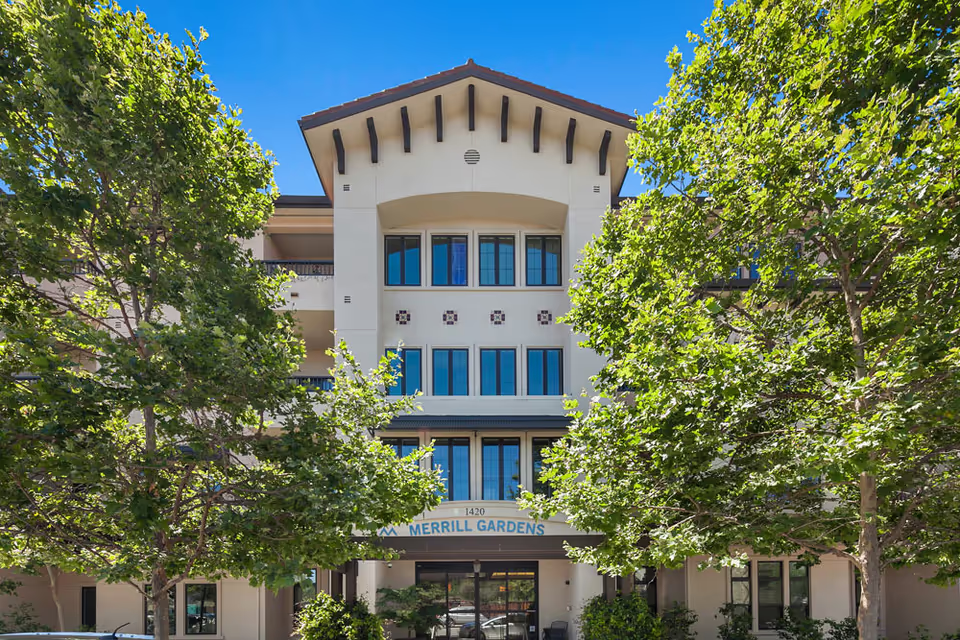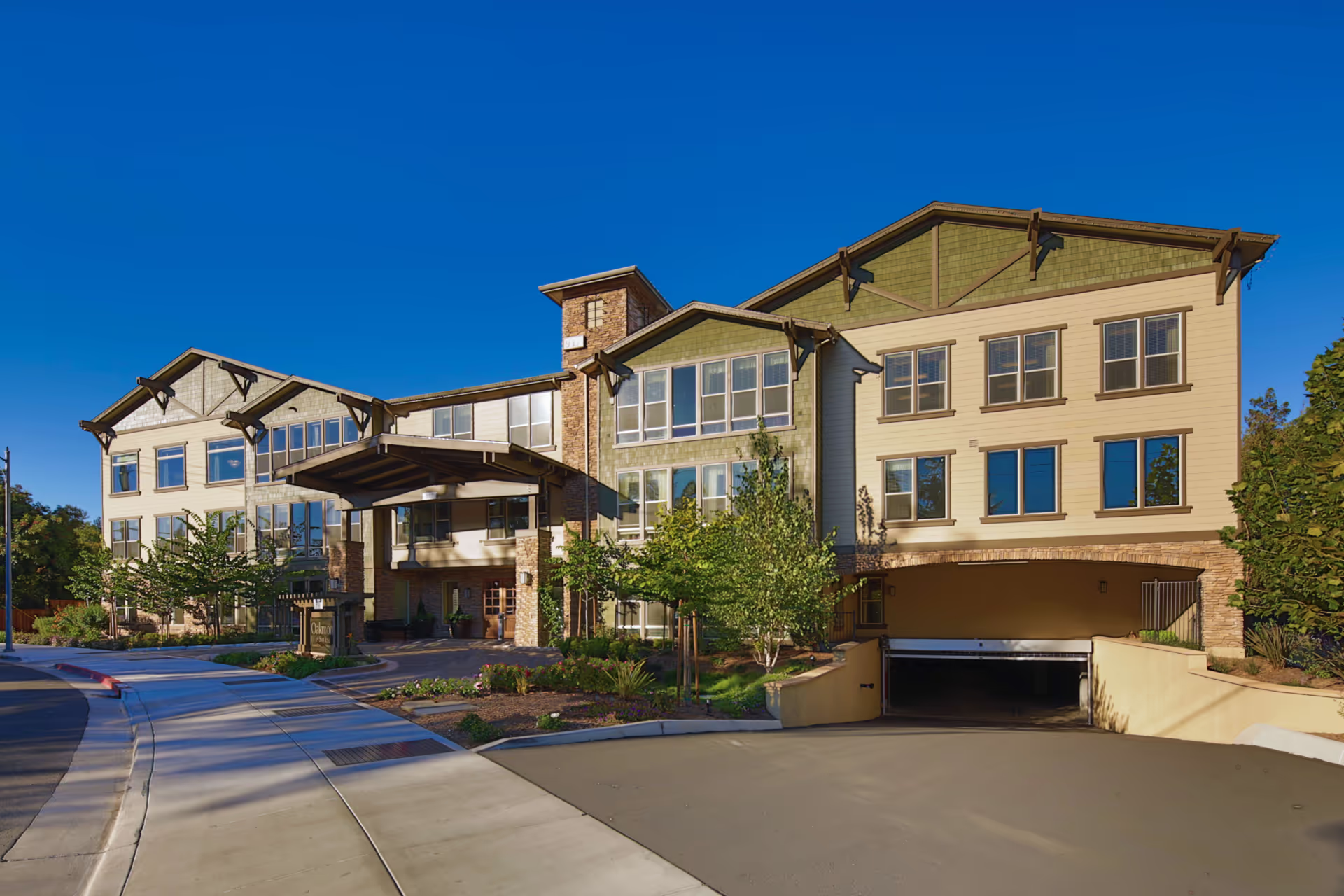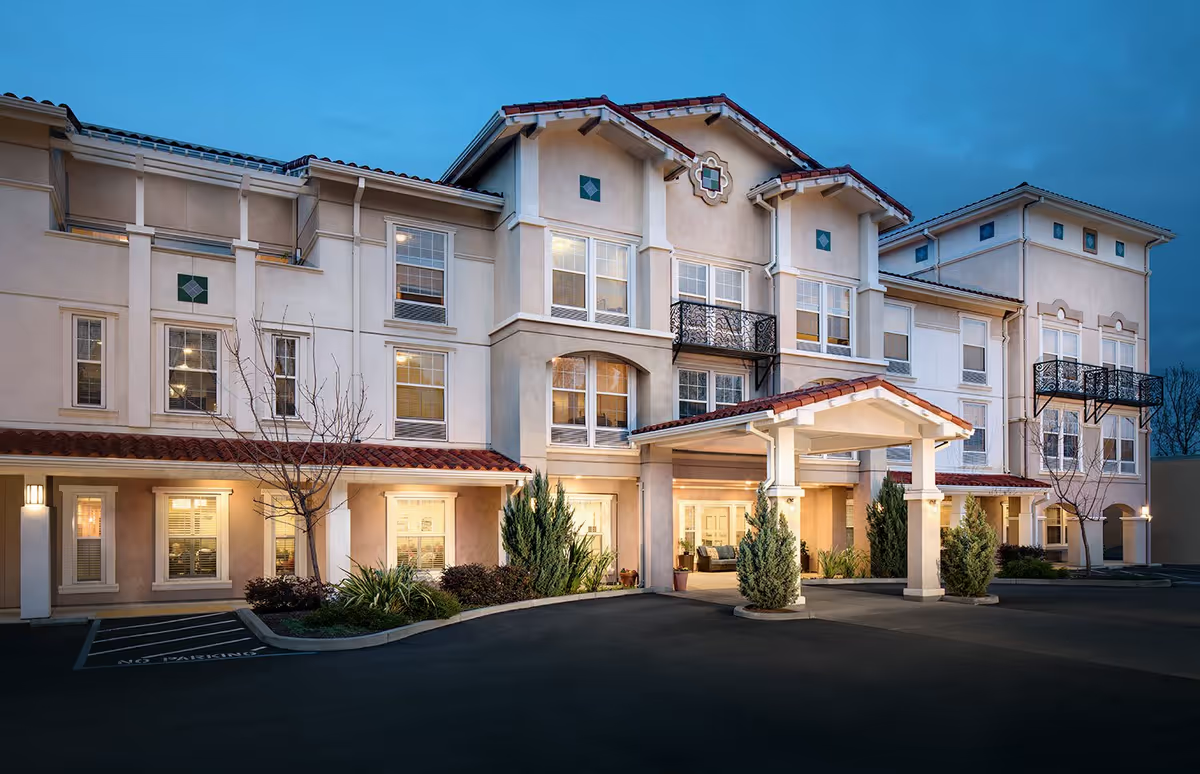Overall sentiment is mixed and highly polarized: a significant portion of reviewers praise Mission de la Casa for strong rehabilitative therapy, compassionate front-line caregivers, cleanliness in patient rooms, and successful returns home; an equally strong set of reviews report systemic problems with nursing care, management responsiveness, safety, and facility maintenance. The most consistent positive theme centers on the therapy/rehab program and particular staff members who are described as hard-working, attentive, and "miracle-working," producing measurable improvements in mobility and pain control for several patients. Reviewers also frequently note clean patient rooms, helpful receptionists, flexible visiting policies, and acceptable or good dining (including vegetarian preparations). A few reviews singled out an exemplary physician and award recognition, reinforcing that quality clinical resources exist at the facility.
However, serious negative patterns recur across multiple reviews. Many families report inconsistent or neglectful nursing care, including untreated conditions (for example swollen feet left unaddressed for days), long delays in receiving routine services (dental care, paperwork), and concerns about medication practices. Several accounts describe extreme safety lapses: a report of a patient with stage 4 bedsores, claims of withholding COVID test results, and accusations of poor infection-control practices that reviewers felt endangered residents. These are not isolated gripes but repeated themes that raise concerns about clinical oversight and patient safety.
Staffing and management are frequent flashpoints. Reviewers repeatedly describe understaffing that leads to slow or absent responses from caregivers, depressed or neglected patients, and unmet promises. While many individual CNAs and nurses receive praise for compassion and professionalism, that good work is often portrayed as inconsistent across shifts and personnel. Management and administrative responsiveness are criticized strongly: reviewers mention an unresponsive or rude administrator, social services that do not answer, long delays in getting necessary paperwork, and even active dishonesty or misrepresentation of a patient’s condition. One particular night incharge is named as a problem in at least one review, and the pattern of broken promises and poor follow-through is repeatedly cited.
Facility condition and environment present a mixed picture. Patient rooms are frequently described as clean and secure, but common areas and the overall atmosphere receive negative comments — reviewers describe peeling paint, an odd smell, bare rooms lacking TVs or telephones, and a drab, depressing common room that could benefit from a makeover. These maintenance and amenity shortcomings contribute to a perception of neglect and lower morale among residents. Dining receives both praise and criticism: some reviewers compliment the food and vegetarian options, while one review alleges discriminatory catering practices (an "Asian-only" menu), indicating inconsistencies in meal planning or cultural sensitivity.
Trust and reliability are recurring themes. Multiple reviews allege staff dishonesty, misrepresentation of patient status, and failure to keep promises. That undermines families’ confidence and appears to amplify the impact of any clinical or administrative mistakes. In contrast, when families encounter engaged therapists, attentive CNAs, or responsive clinicians, they report high satisfaction and recommend the facility — illustrating how much outcomes depend on which staff members are involved and how management supports them.
In summary, reviews of Mission de la Casa present a facility with clear strengths in rehabilitation and pockets of compassionate, skilled frontline staff, combined with substantial and recurring weaknesses in nursing consistency, management responsiveness, infection control, and facility upkeep. Experiences are highly variable: some families report excellent recovery experiences and caring personnel, while others report neglect, safety incidents, and administrative dysfunction. Prospective residents and families should weigh the facility’s demonstrated therapy strengths and clean patient rooms against the documented concerns about safety, staffing, and management; when visiting or considering admission, they may want to ask direct questions about wound care protocols, infection-control procedures, staffing ratios (especially for night shifts), how test results and communications are handled, and what steps management has taken to address the specific issues raised by prior reviewers.







